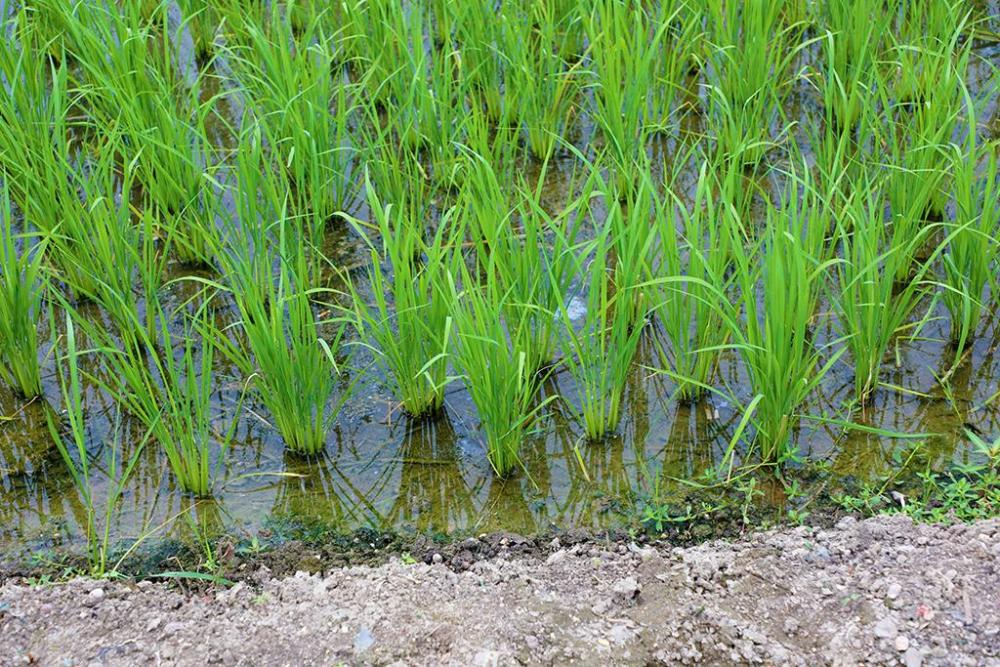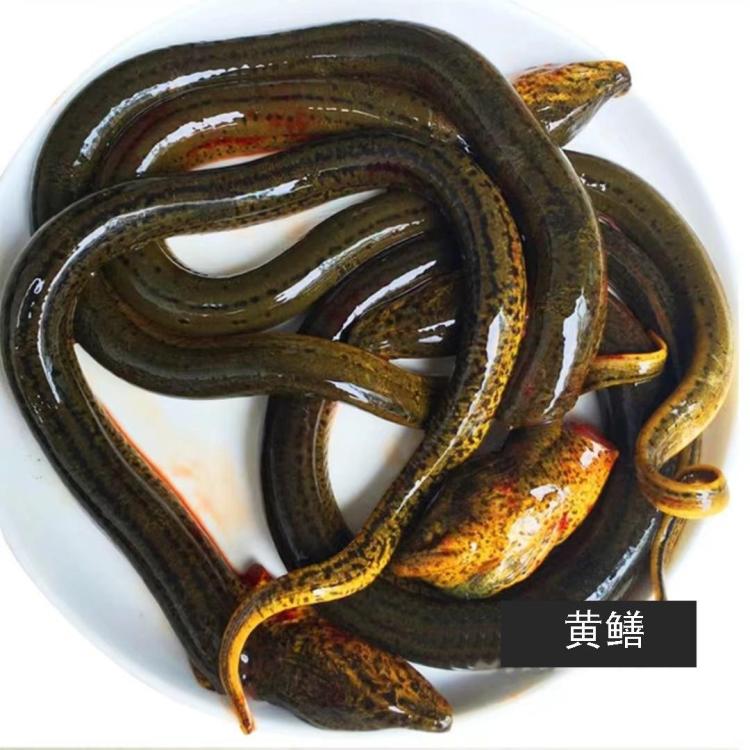3. 黄鳝 (huáng shàn)
This young lady is looking out over a lush rice paddy in Liuzhou, just prior to the harvest. Rice is rightfully held in high esteem and respect in China. Wasting rice is seen as a sign of depravity and of cruel indifference to the peasants who toil relentlessly to bring it to the table.
But those rice paddies supply much more than just rice, as we will see. Today features just one example.
Rice Paddy and Home to Eels?
Monopterus albus, aka Asian swamp eel, rice eel, rice-field eel, or rice paddy eel is known in Chinese as 黄鳝 (huáng shàn) which literally means ‘yellow eel’. Note, this is not what is NOT what is known as yellow eel in the west – a different species.
Swamp Eels
These eels live in the rice paddies, as well as ditches etc. They are happiest at home in shallow muddy freshwater. Unusually, they have both gills and are able to breath air directly. They are also hermaphrodites, all being born female, but with some changing to male when required!
They are native to a swathe of Asia from India across China and down into SE Asia , Malaysia and Indonesia. The are also important food animals in many of these countries, especially in Thailand. They are also farmed extensively in China, Vietnam, Laos and Myanmar/Burma. It seems that Japan is about the only country to have them, but not eat them!
They have also been introduced in Florida as recently as the 1990s. Whether that is a problem is yet to be determined. Will we ever learn?
The eels are usually sold live and are often served with the rice they cohabit with in the paddies.
Swamp Eel and Rice
This file is licensed under the Creative Commons Attribution-Share Alike 2.5 Generic license
Although common across rice-eating southern China, swamp eels are particularly prized and reach their culinary apogee in the area known as Jiangnan. Jiangnan means south of the river, the river being what is known in English as the Yangtze, a name unknown to most Chinese. It is the 长江 (cháng jiāng – literally ‘River Chang’). The area of the south-eastern reaches includes some of China’s culinary giants, including Yangzhou (home of Yangzhou* Fried Rice, Shaoxing (of wine fame), Hangzhou, Wuxi, Suzhou, Ningbo (seafood central) and Shanghai. Famous dishes from this part of the world include Dongpo Pork, Lion’s Head Meatballs, Shrimp with Dragon’s Well Tea, Drunken Chicken, Water Shield Soup and many more.
In her study of exhaustive study of Jiangnan cuisine, Land of Fish and Rice (eG-friendly Amazon.com link), Fuchsia Dunlop mentions that swamp eel is popular and cites some dishes: ‘hissing-oil eels’ from Suzhou, Ningbo eels cooked with yellow chives and fava beans and Wuxi crisp deep-fried eels. She does not however give any recipes, saying “”paddy eels are hard to find outside China”. Pity.
* Yangzhou is actually just north of the river, but gets an honourable inclusion!





